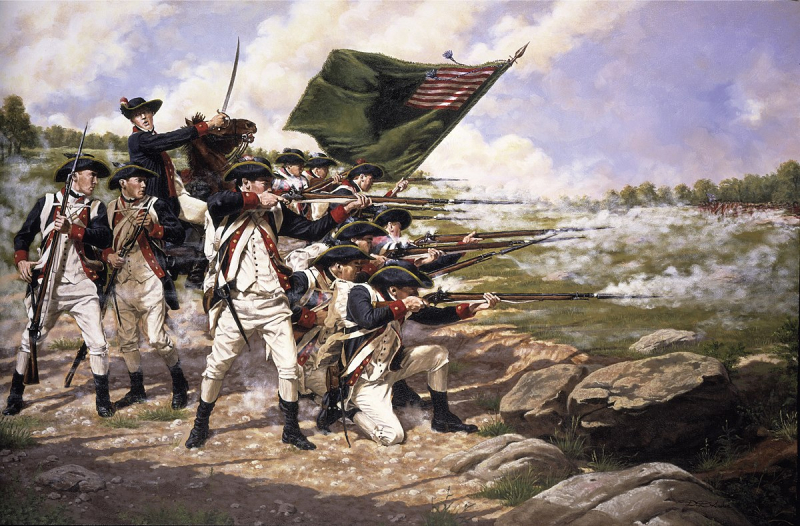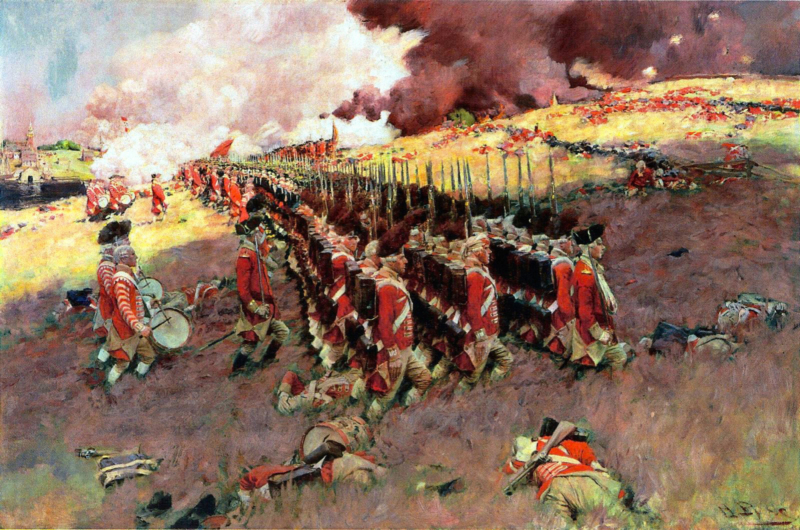Britain Almost Won At Brooklyn Heights
Britain almost won at Brooklyn Heights would be the next interesting fact about the American Revolution. George Washington, Commander-in-Chief of the Continental Army, led his men to protect the strategically crucial port city of New York after defeating the British in the Siege of Boston in March 1776. The British, led by General William Howe, arrived on Staten Island, a few miles across the water from Manhattan, in July. Howe's massive army landed on Long Island on August 22, expecting to conquer New York City and gain control of the Hudson River, dividing the rebellious colonies in half. On August 27, they launched an attack on American defenses. Furthermore, the Americans were unaware that Howe had maneuvered his main army around their rear and attacked their flank. This prompted panic among the Americans, resulting in around 20% casualties and captures. The remaining army was forced to retreat behind Brooklyn Heights' main defenses.
The Americans were considered to be trapped, therefore Howe planned for a siege, with his forces blocking escape by land and the Royal Navy limiting escape by sea. Washington may have lost his entire army if he had been outmanned and surrounded, and the British could have won decisively. Washington himself stated that his army was forced to choose between battling its way out "under every difficulty" or starvation. Howe, on the other hand, was reluctant to respond, and Washington took advantage of a storm to evacuate his entire army to Manhattan with no loss of supplies or lives.
The Americans lost 1,000 troops in the Battle of Brooklyn, while the British lost only 400. The British took control of New York City on September 15th.












